Get ready for roll call
By Zhao Shengnan ( China Daily ) Updated: 2013-08-19 07:22:29
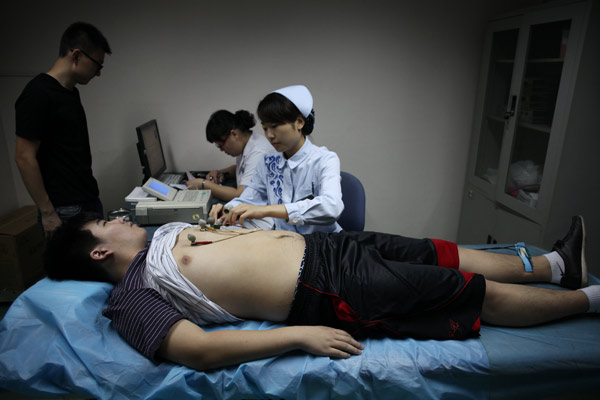 |
|
A student undergoes a medical check at a Beijing hospital during China's first summer and autumn recruitment program. Wang Jing / China Daily |
More college students applying for entry into the military, Zhao Shengnan reports in Beijing.
Earlier this summer, Wang Guoben, a 22-year-old junior at Peking University, made a decision that surprised his parents and peers: To postpone the last year of his studies and join the People's Liberation Army.
"I think a lot of young people don't know what they really want. I don't either, but I don't want to just follow the crowd. I hope to find the answers in the military before I graduate," said the international studies student.
Wang, who achieved one of the highest marks in the 2010 national college entrance examination among students in Wuhan, Hubei province, is also the co-founder of an educational organization, earning a monthly salary of more than 6,000 yuan ($980).
"I don't worry about my future at all, given that the preferential policies for college students that the military is providing this year are quite attractive and will actually diversify our options after graduation," said the fashion-conscious applicant, who wore a silver-sequined emerald T-shirt, cut-off khaki pants and a pair of bright orange suede shoes, as he underwent the physical checks required for recruitment in early August.
He's one of a rising number of college students lured by China's first summer and autumn recruitment program, which has replaced the winter recruitment campaign that had been in place for 23 years.
This year, national recruitment has been in full swing since August 1, following hot on the heels of graduation in July, in a bid to entice more highly educated students to join China's increasingly modern military.
Modernization drive
As the PLA accelerates its modernization drive, the use of technically sophisticated weaponry - including China's first aircraft carrier, J-10 jet fighters, Z-10 attack helicopters and DF-21 missiles - means there's a greater need for better-educated recruits, according to a senior officer at the National Recruitment Office of the National Defense Ministry, who declined to be named.
"College students are expected to become a major force in the military," he said. "They are quick learners when it comes to operating modern weaponry and understanding modern tactics. As such, they will improve the overall quality of military personnel."
China started recruiting from colleges in 2001 and around 100,000 students have joined the army every year since 2009.
Ma Gang, a professor of military history with the PLA National Defense University, said the Chinese military still lags behind some other countries because of the lower level of education among regular soldiers.
"However, the disparity has narrowed during the past 10 years because of the recruitment of college students," said Ma.
The rising enrolment rate from college during the past decade means the PLA has become more active on campuses. Among the 50 million young Chinese eligible for recruitment every year, 20 million are college or university students.
"Now, 80 percent of high school students can be admitted to colleges and universities, so the recruits must mainly be collegians," said the PLA officer, who noted that 6.99 million students graduated this year.
The adjustment to the recruitment schedule is designed to help the students adapt to military life as quickly as possible, he said.
When recruitment was carried out in the winter, the barrack-yard training was simply too arduous for the new recruits, who were ill-prepared for the freezing weather. Many were also affected by homesickness at the approach of Chinese New Year, which always falls in January or February.
"Things are different this year. The new recruits will be accustomed to military life by the end of the year, so it will be much easier for them to complete the switch from students to soldiers," he said.
- Students fail army fitness standards
- College student recruits in Beijing get exams
- College graduates encouraged to join military
- China to start military recruitment
- Official calls for continued improvement in military recruitment
- Military recruitment starts in Pingtan
- Beijing begins college students military recruitment
|
|
|
|
|
|
|
|
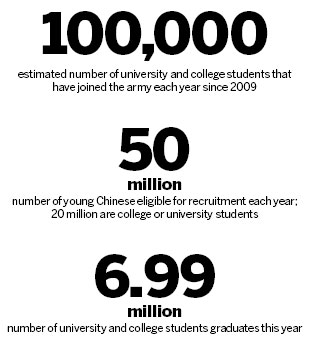
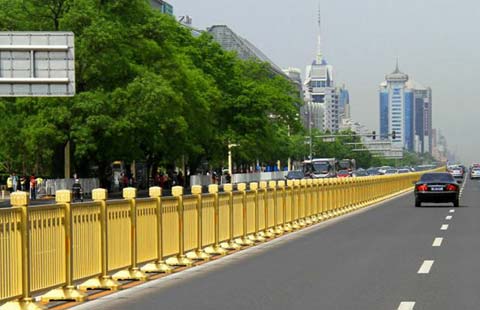
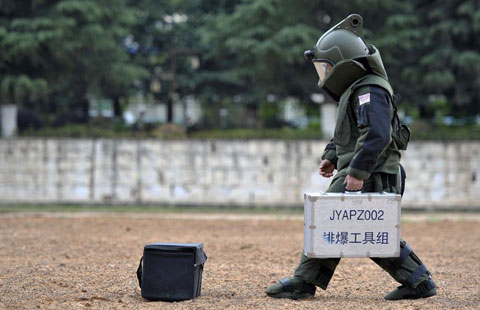
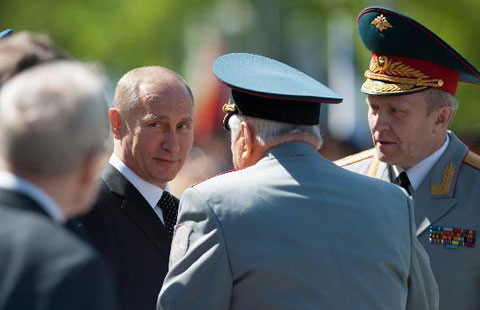
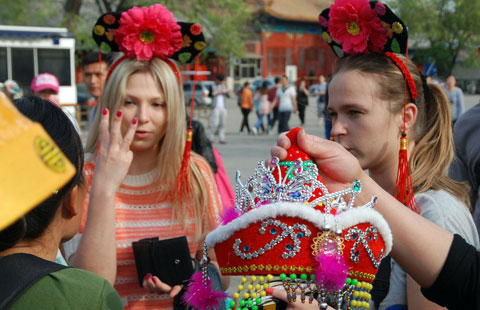

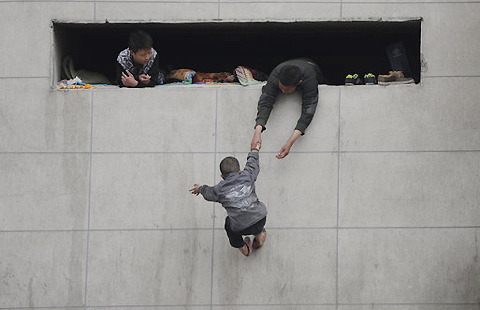
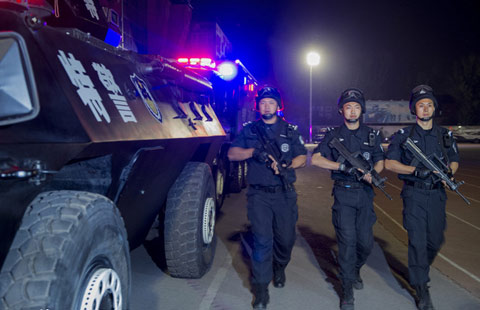



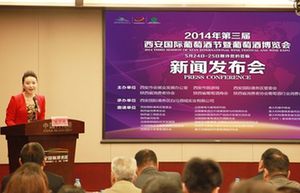
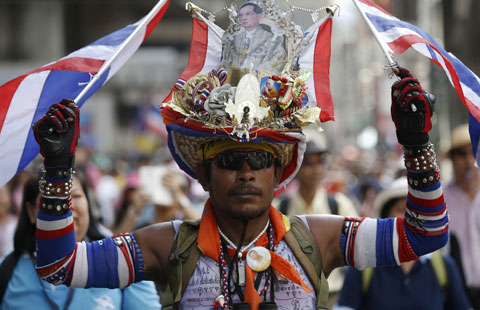






 Op Rana
Op Rana Berlin Fang
Berlin Fang Zhu Yuan
Zhu Yuan Huang Xiangyang
Huang Xiangyang Chen Weihua
Chen Weihua Liu Shinan
Liu Shinan